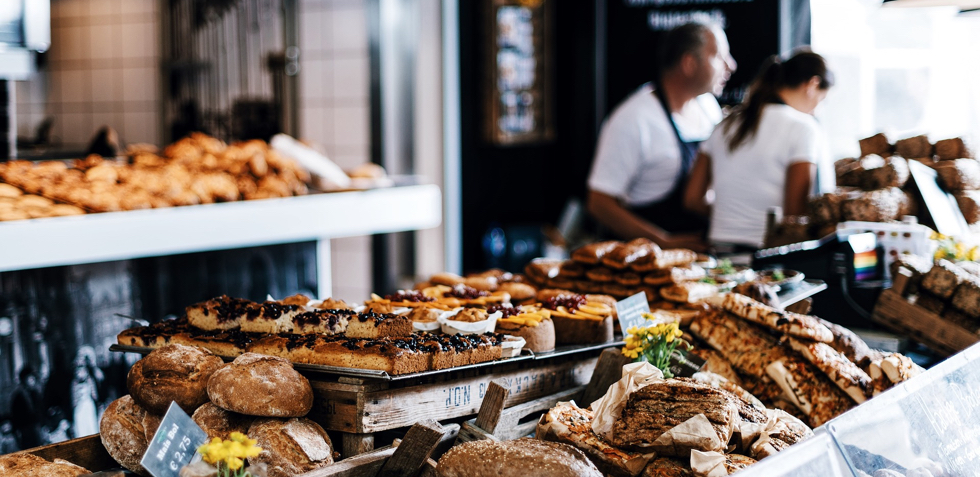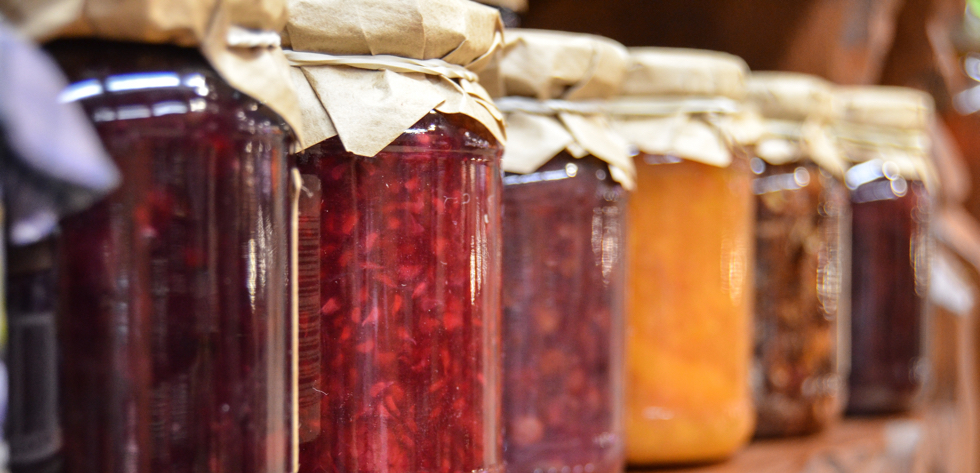Specialist and
The ‘artisanal foods’ trend has helped to make these kinds of food items popular.
However, these kinds of foods also need more time and

Knowing when to sell your business
A specialist food business is often started on a very small scale and grown quite organically and, depending on the popularity of the product, the sales can sometimes out way the abilities of the business owner.
Food markets around South Africa have become popular, particularly in Johannesburg and Cape Town, and specialist food businesses are able to enter the market this way with little capital.
If the business has grown at this level, you may have been approached by someone with more resources than you or a larger food business that is offering to buy yours for a good price.
This is often the point at which small business owners decide to sell and reap the rewards of years of hard work.
Preparing for sale
If you are thinking of selling your business, there are a few things that you may want to address. A business such as Specialist Food will usually rely on good branding and good packaging.
Paying attention to this side of your business can go a long way in generating increased appeal for buyers. Small changes can get your businesses from looking small-time to on the precipice of the big time.
Depending on how small your business is, you may find that your entire business is reliant on you. This will make selling a business far more complicated.
Make sure that your employees have enough knowledge to run the business without you so that, when someone buys it, the business will continue to function as it did before.
It can also be valuable to put everything that you do in order to operate your business in writing so that nothing is ‘just in your head’ anymore.
You could also negotiate a hand-over period after the sale of your business so that you can assist the new owner in getting up and running. Some business owners even stay on as managers after a sale and continue to run things with increased capital from the new buyer. 
Business Valuation
In order to get an evaluation of your business’s worth, there is a lot of information that you will need to have on hand.
If your
This will play an important role in understanding the value of the business.
Businesses that started out small are also usually more inclined to have the owner’s business finances and personal finances mixed together. In order to get a proper value for your business, you will need to make sure that these are separate.
Your business may be doing well because of contracts that you have established in with certain shops or restaurants. If these contracts will be passed on to the new owner of the business, they will also add value to it.
It can be worth getting the help of a professional who has experience in this field in order to help you find a value for your business as this process can become extremely complicated.

Due diligence
Any serious buyer will not take you at your word when they are buying your business.
Before handing over their money and signing on the dotted line, they will want to have a good idea about what they are buying.
They will, therefore, perform due diligence where they will go through your financials, contracts
The buyer is going to want to be sure of what your profit margins are and that the numbers that your business is showing now are relevantly consistent.
Because a buyer will want to see that your business has a proven track record, you need to have been preparing your business for sale for at least two or three years or you will not stand up to due diligence.
A buyer will usually also want to be sure of who your customers are so that they can assess whether they will remain

Should you use a broker?
Selling a business can be a full-time job in itself and so it can be worth it to find a professional that can help you through the process.
If you do decide to use a broker, make sure you use the right person. Get in touch with previous clients so that you can make sure that they have satisfied customers.
A good broker will ask you a lot of questions about your business so that they can know if they are suited to selling it. Don’t be fooled by someone who tries to flash you all their listings instead of listening to you!
However, if you decide to forgo the cost a broker and sell it on your own, there are still plenty of ways that you can advertise so that you can find the right buyer for your business.



